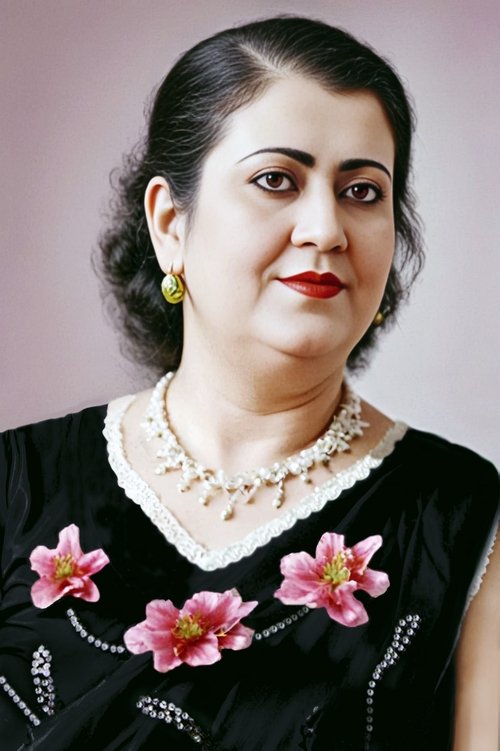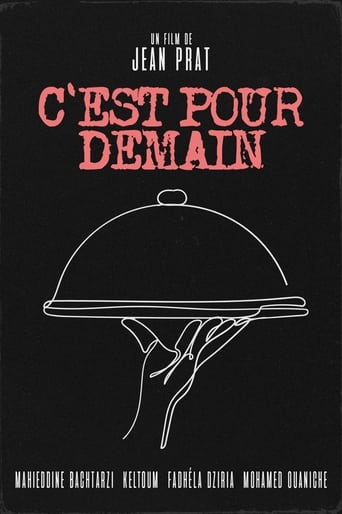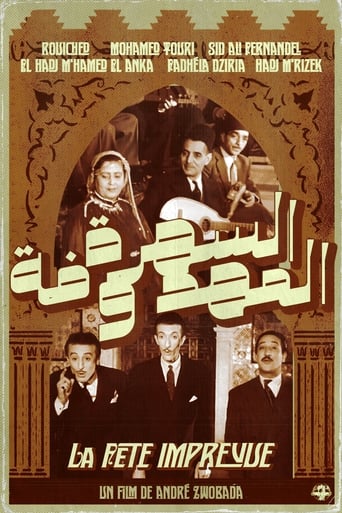
Gender
Birthday
Popularity
Fadhéla Dziria
Fadhéla Dziria
Gender
Birthday
Popularity
Biography
Fadhéla Dziria (in Arabic: فضيلة الدزيرية), real name Fadhéla Madani Bent el-Mahdi (born June 25, 1917 in Algiers, died October 6, 1970 in Algiers) is an Algerian singer specializing in the Hawzi and Aroubi songs. She is one of the leading figures of this music in Algiers. From a young age, Fadhela devoted herself to song, imitating the great Cheikha Yamna Bent el Hadj el Mahdi and later taking up the diva's melodies. She also admired Meriem Fekkaï, who would later help her form her orchestra. In the early 1930s, she hosted Ramadan evenings in Arabic and Kabyle at the Café des Sports. She was discovered during a Radio Alger show by Mohamed Elhabib Hachelaf and Djillali Haddad "Min koul féne chouiya". After a marriage that did not last, the young woman found herself in Paris in 1935, singing in neighborhoods with a high concentration of Maghrebians and more particularly at the cabaret "El Djezaïr". She sang Aâsri (modern) and met Abdelhamid Ababsa who taught her several melodies that were popular at the time. On her return to the country, she hosted wedding parties and Ramadan evenings at the Café des Sports on rue Bruce in the lower Casbah, managed by Hadj Mahfoud. A theatre and variety troupe will take charge of her later and on the advice of her troupe director and under the influence of Mustapha Skandrani and Mustapha Kechkoul, Fadhela Dziria ends up adopting the Algiers style by joining Meriem Fekkaï's group which animated the Algiers party evenings. For her first professional recording, she covers a well-known Arab-Andalusian song "Rachik el kad", but her real comeback is with the recording in 1949 of her first disc with Pacific; "Hbibi Malou" which obtained a great commercial success. Mahieddine Bachtarzi enlisted her to animate the concert part of his tours but also as an actress; which allowed her to work alongside established artists such as Keltoum, Rachid Ksentini and Mohammed Touri. Leaving the stage, she returned to her passion, song, with two great successes; "Ena Toueiri" and "Houna Kanou". In 1954, she was found at the Paris Opera where she performed in a gala organized for the benefit of the victims of Orléansville. The following year, she participated in classical programs on Algerian television. Artistic life did not prevent her from participating, with her sister Goucem, in the war of national liberation. She collected funds. Arrested, she was detained in Barberousse prison. Upon her release, she formed her own musical ensemble with her sister Goucem on the derbouka, Reinette l'Oranaise on the violin and her niece Assia on the piano and organ. After independence, Fadhela Dziria resumed her participation in radio and television. Fadhela Dziria was known as the greatest Algerian singer. She died at home in Algiers on October 6, 1970 and is buried in the El Kettar cemetery in Algiers.

